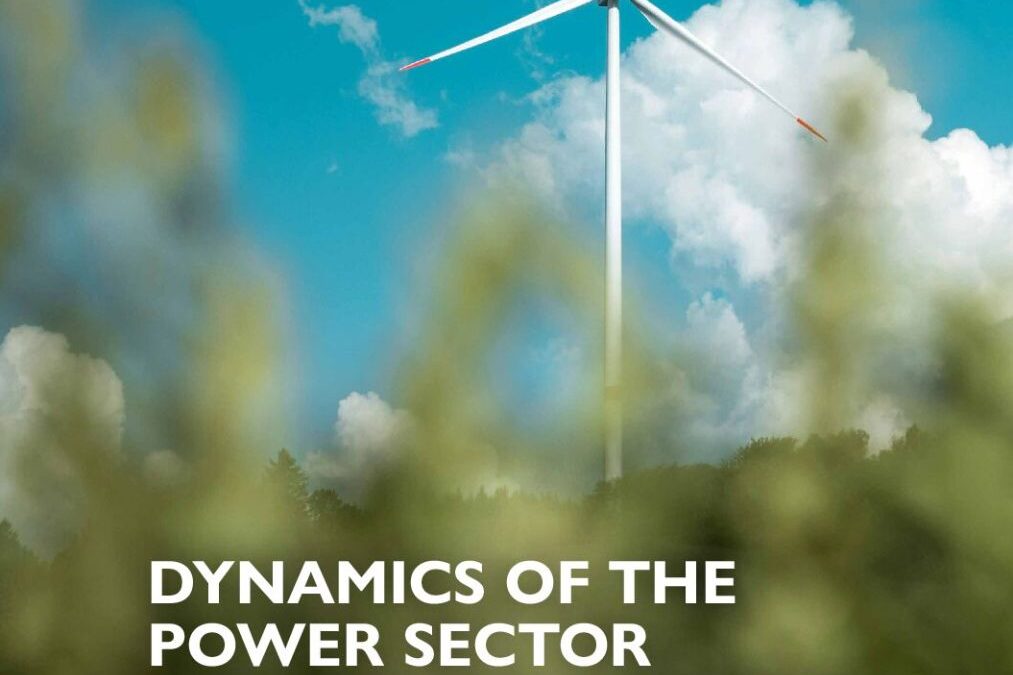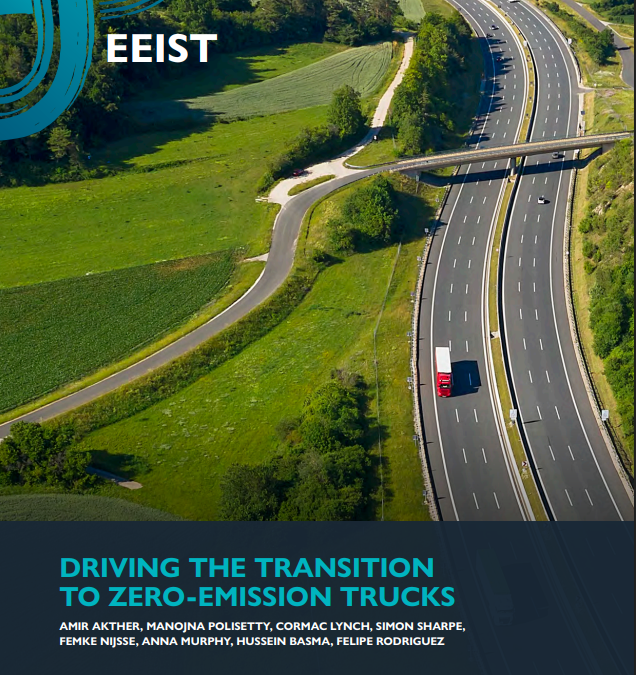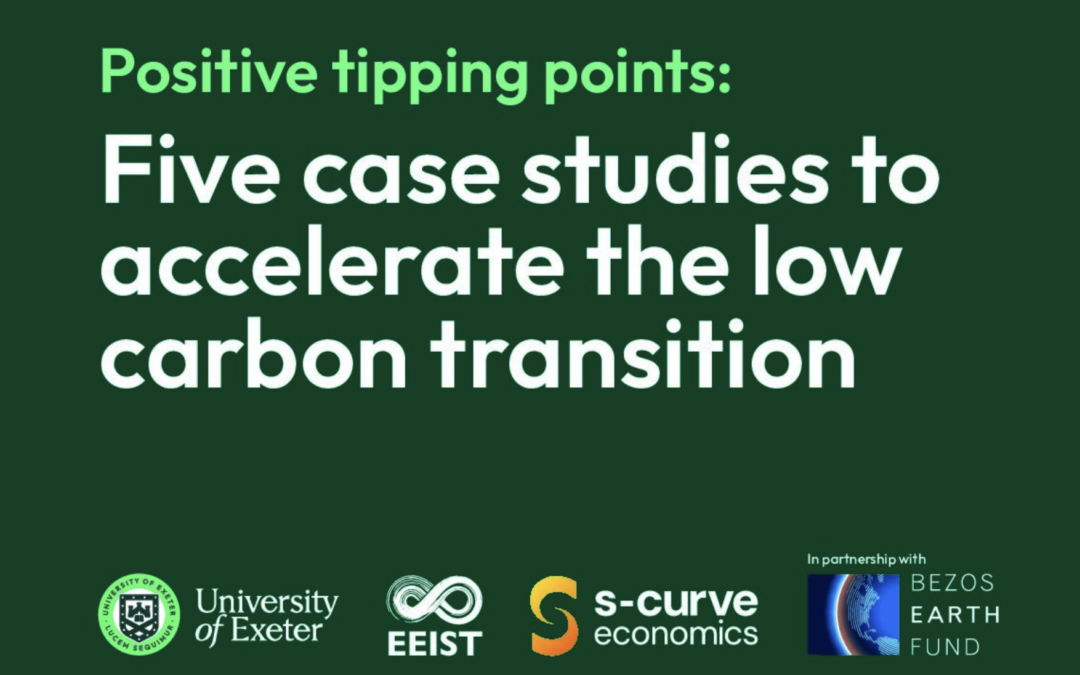
by Caroline Humphries | Jun 4, 2025
June 2025 The Chinese and UK electricity systems are two of the most important in the global transition to clean power, as the largest and fastest to decarbonise, respectively. Despite the two countries’ differences in scale, starting points, and institutional...

by Caroline Humphries | Jun 4, 2025
June 2025 The energy transition is a process of disruptive innovation and structural transformation. Given the countless moving parts and complex interactions of global energy systems, this process often involves change that is non-linear and difficult to predict. In...

by Caroline Humphries | May 20, 2025
May 2025 Electric trucks are becoming cheaper than diesel trucks in lead markets, creating an opportunity to cut oil imports, improve air quality, and increase productivity. This modelling study shows which policies are likely to be most effective in taking advantage...

by Mark Wearing | May 12, 2025
A governance framework can direct a government’s attention to questions that need addressing, support planning and decision-making, and increase accountability. Most countries aim to achieve net zero greenhouse gas emissions by around the middle of this century. What...

by Liv Thorne | Sep 19, 2024
September 2024 Tipping points occur when small interventions lead to large changes, typically driven by self-amplifying feedback loops. In the low carbon transition, ‘positive’ (helpful) tipping points can occur when clean technologies or sustainable solutions become...






